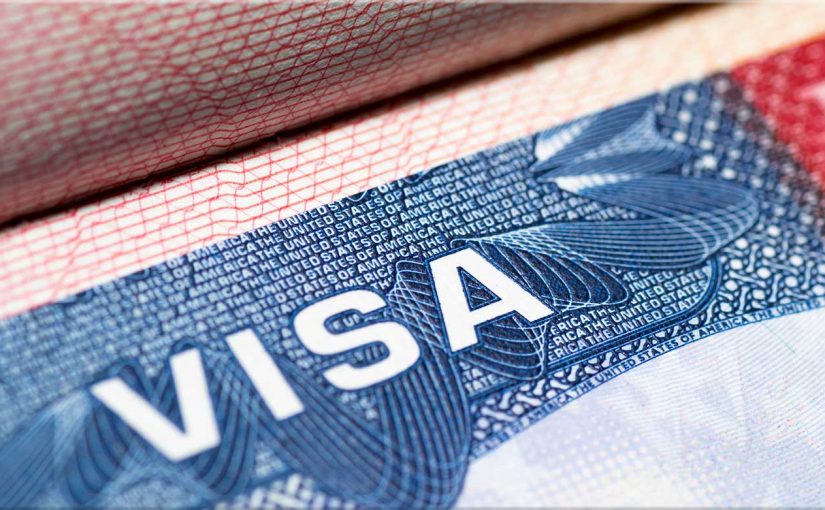
Interviewer: Jeanne, you said that it’s like a temporary fix here. Are people that are signing up for DACA or qualified for DACA, are they going to be safe once they’ve done this?
Jeanne Morales: Well, they are protected from intervention by ICE or the Border Patrol or the prosecutors that work in immigration court during the time period that they’re in the DACA status. Now, when you apply for and are approved for DACA, that status lasts for two years since the decree has only been in effect for a little over a year. We have been told that individuals who got it will be able to reapply. We’re hoping that that continues to stay on. But it is a temporary status. If they’re in the DACA status, it doesn’t protect them if they start committing crimes and stuff like that. I’m sure the status would be revoked at that point. But they don’t have to worry about working illegally or being picked up just because of their undocumented status.
Again, they have to be in the United States before they turned 16. As of June 15, 2012 they had to not have met their 31st birthday. This is something that was designed with the idea of young people in mind.
Now, I have met people older than 30 who fit into the category of having been brought here as a child, when they were unable to make decisions on their own, and they also qualified on everything else. For some reason the cutoff was set at age 30. So as of June 15th 2012 they could be no more than 30 years old.
Since that point and we’re now in December of 2013 someone could’ve been 30 on June 15, 2012 and turn 31, they’re still eligible. It was just a way of putting a block that this many and no more; anybody who is 30 or below when President Obama signed the decree. You can’t age out of it in other words. If you qualify when you’re 30 or 29 you continue to be qualified even though you’ve reached the age of 31. They also have to have continuously resided in the United States since June 15, 2007 up to the present time.
Now, why is that significant? Oftentimes when we do family histories we find part of the reason why people come here is for jobs. Sometimes jobs are temporary and/or they have to follow the crops. And somebody might cross, go pick those crops go weed those crop, go do this, and then head back to Mexico. Sometimes those workers those transit workers have their families travel with them. Oftentimes a worker will come to do X,Y or Z in agriculture, and when the crop moves sometimes they just put down roots and just stay and put their kids in school and things like that.

